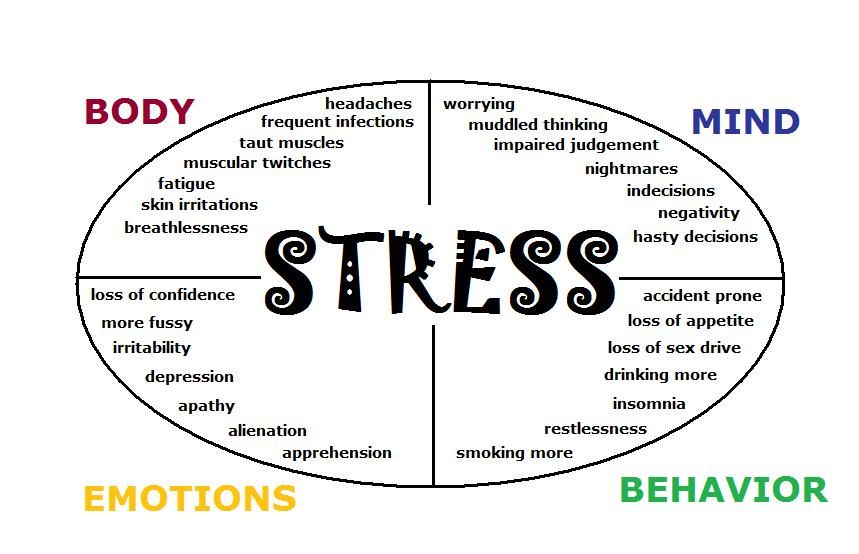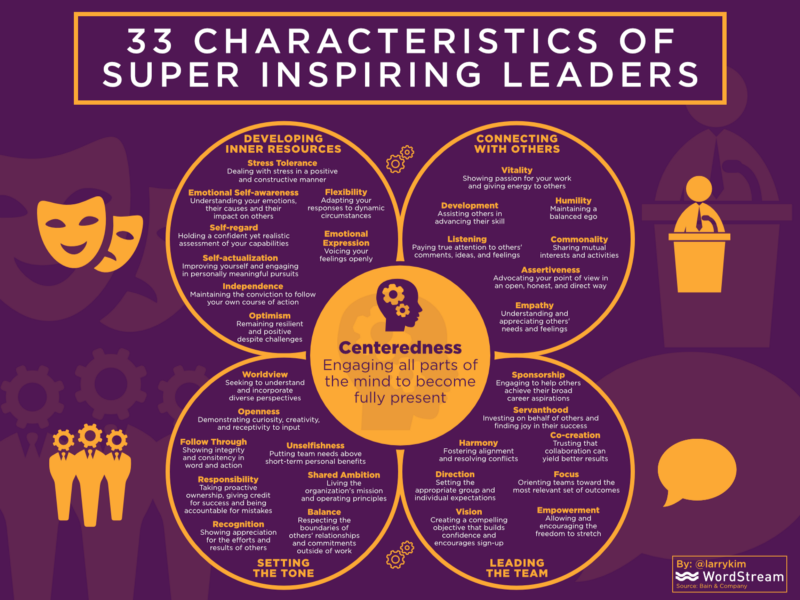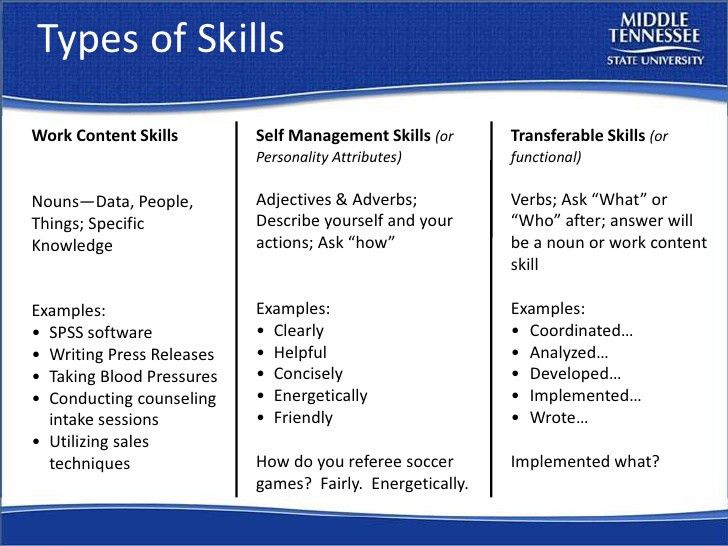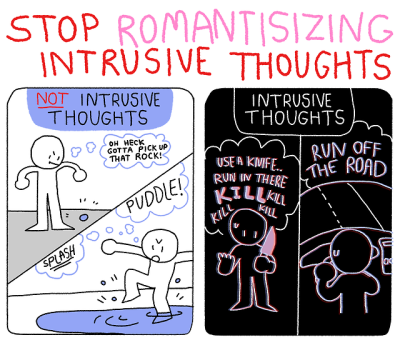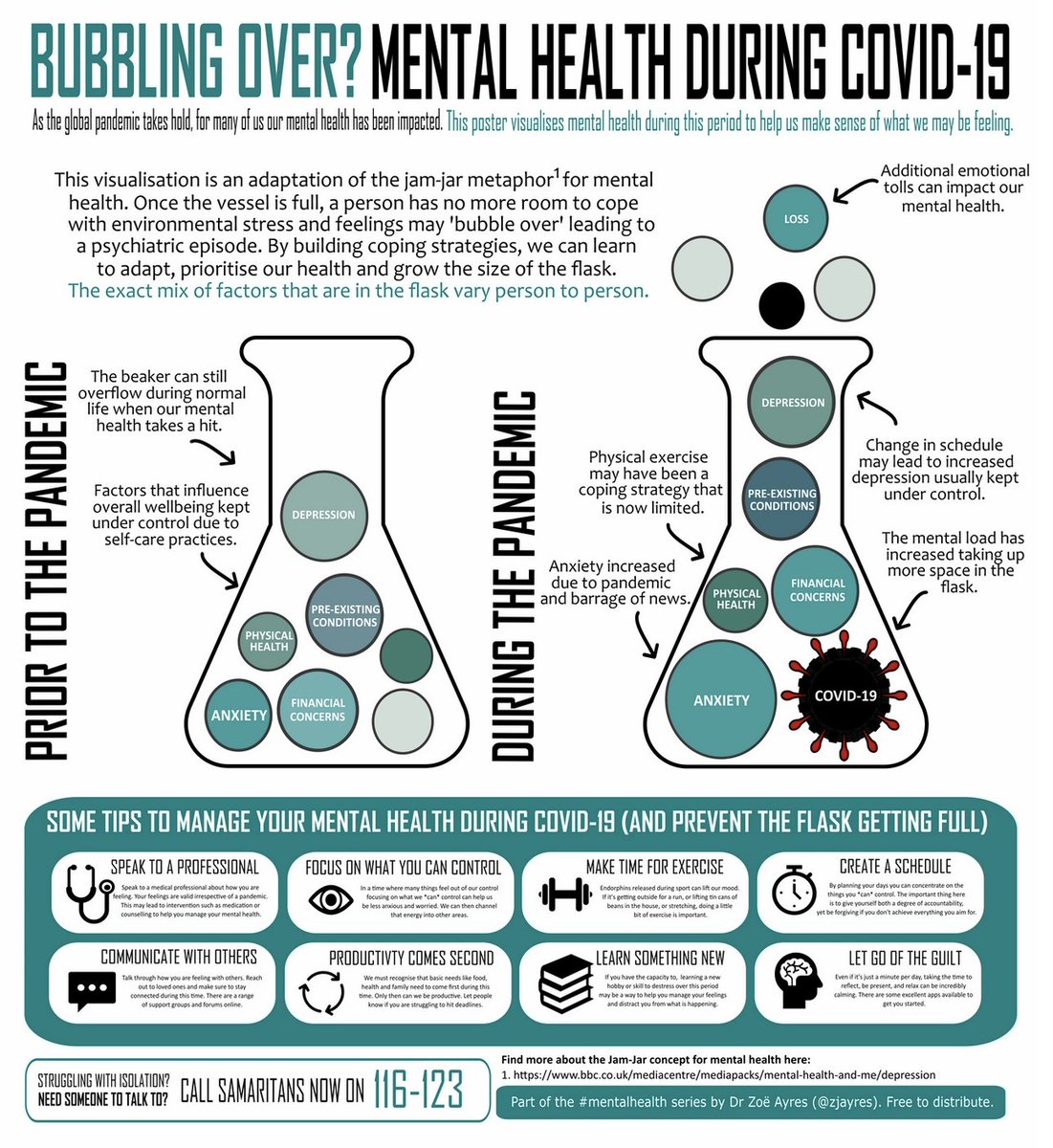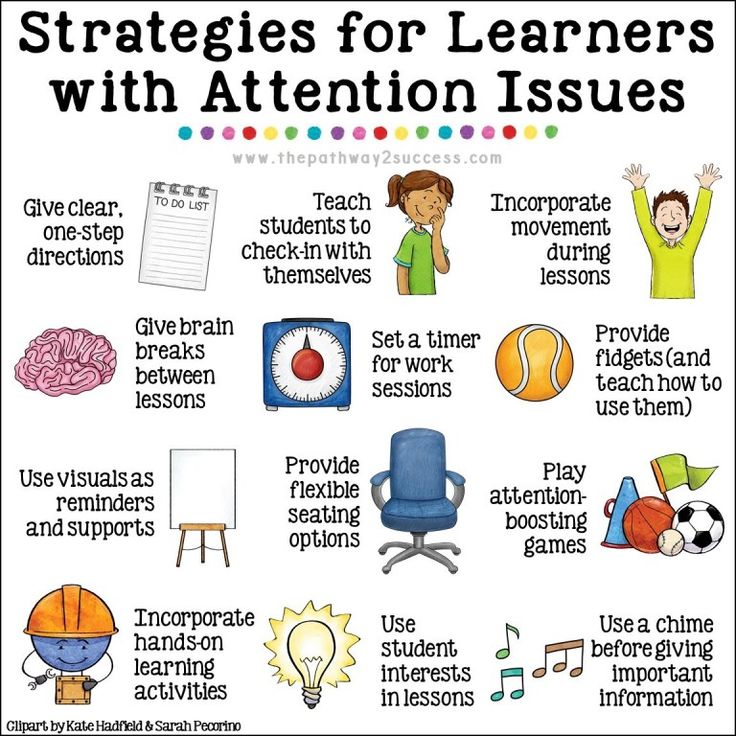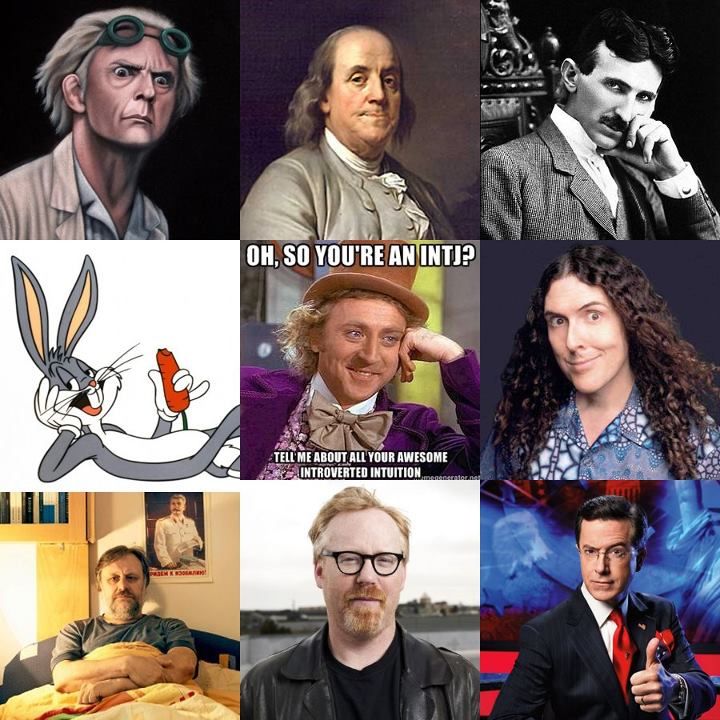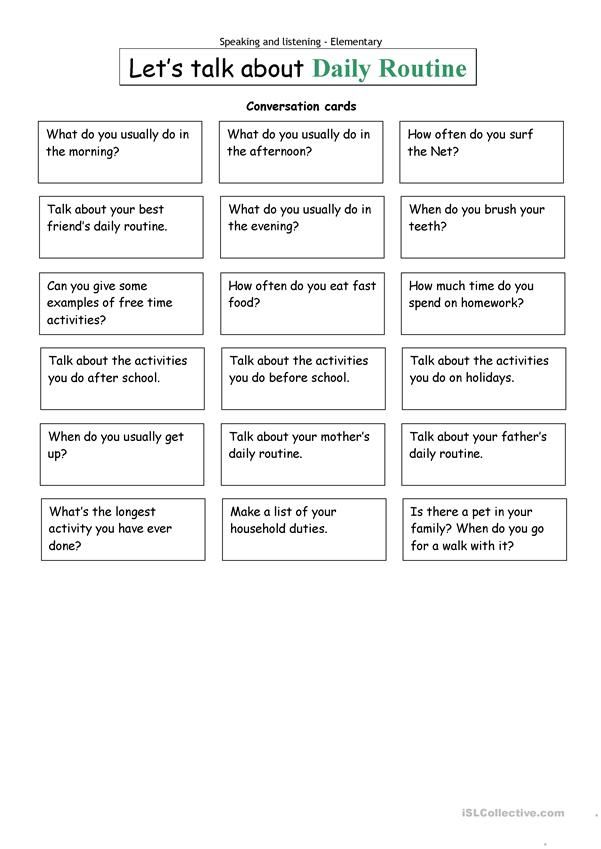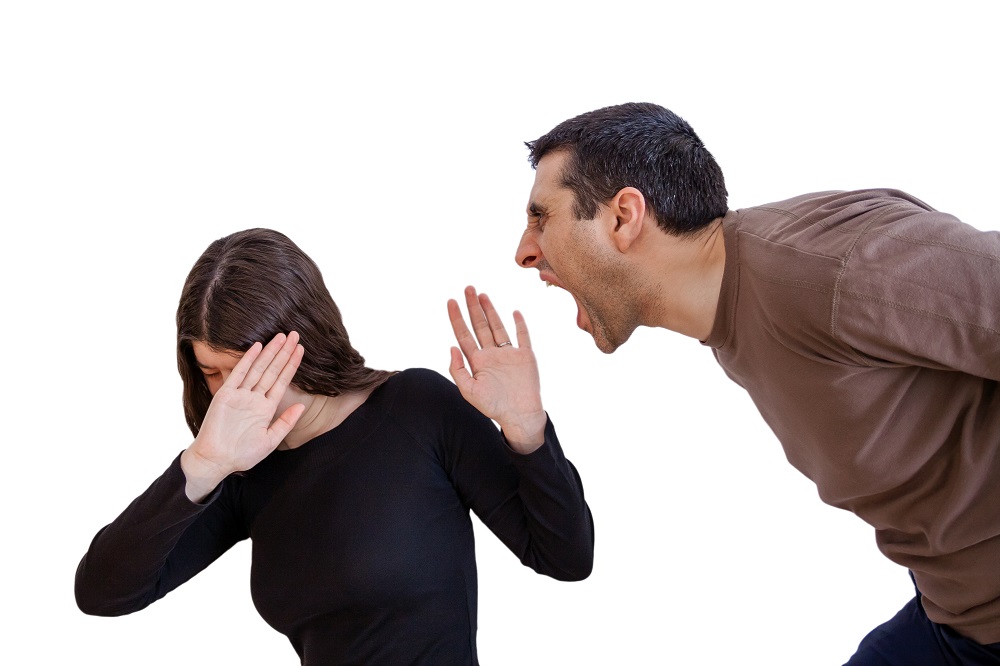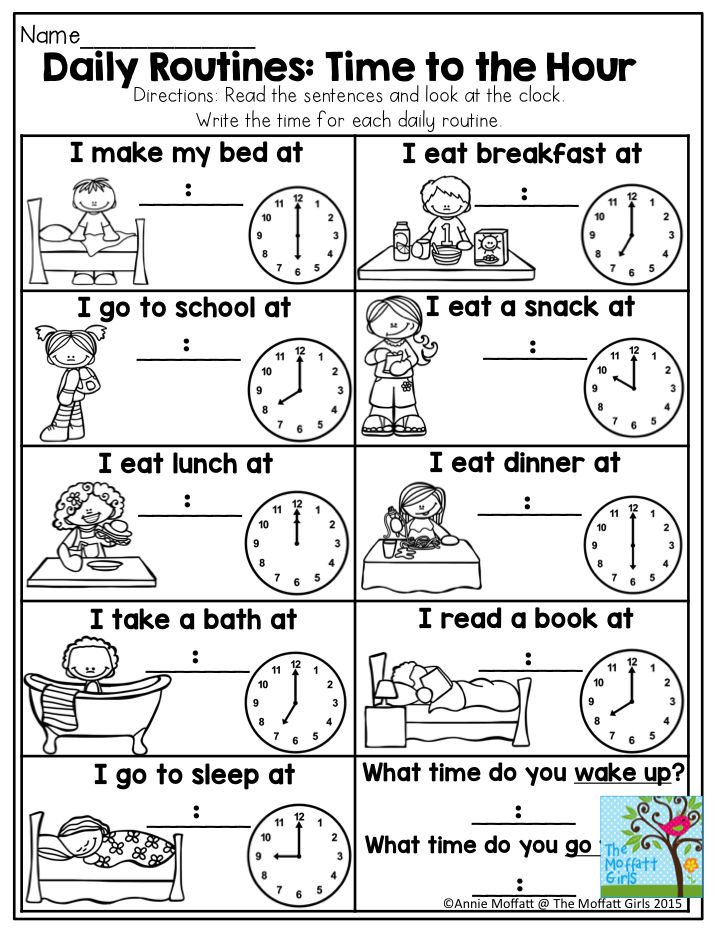Stress and confidence
Stress Influences Confidence, Can Lead to Inequalities
A new study looks at the way in which stress influences our confidence in competing with others.
European scientists say the behavioral investigation is the first to show how stress actually affects our degree of confidence. They believe stress can even be a cause of social inequality, rather than just a consequence of it.
The study is published in the journal Psychoneuroendocrinology.
Confidence is essential to our ability to compete in society; when we don’t feel confident, we are less likely to make the kind of decisions that can give us a financial and social edge over others.
By driving social competition, confidence becomes central in the organization and function of human societies, and marks the way individuals interact with each other.
At the same time, little is known about what influences people’s confidence. Two major factors seem to be stress and the person’s general anxiety.
Technically, this is referred to as “trait anxiety,” and it describes how prone a person is to see the world as threatening and worrisome. The question, however, is how stress and trait anxiety impact an individual’s confidence in a competitive context.
Research teams have now shown that stress can actually boost the competing confidence of people with low trait anxiety, but significantly reduce it in people with high trait anxiety.
The scientists designed an experiment which began with more than two hundred people taking two online tests: one to assess their IQ, and one to measure their trait anxiety.
A week later, about half of the study’s participants underwent a standard psychological procedure (called TSST-G) designed to cause acute social stress, such as going through a mock job interview and performing mental arithmetic tasks before an impassive audience.
The other half of the participants formed the control group, and did not undergo the stress-inducing procedure.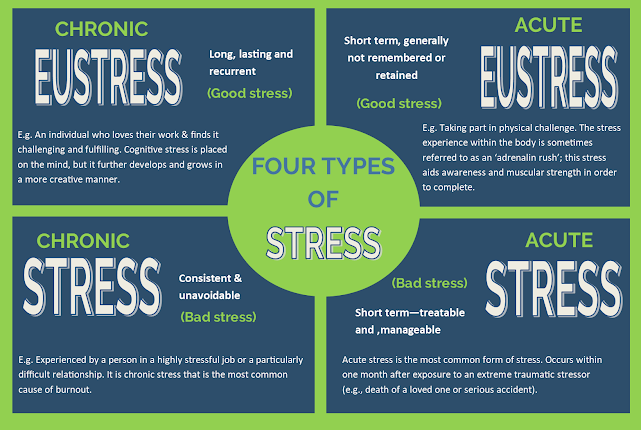
All participants, stressed and non-stressed, were then given two options in a game where they could win money: they could either take their chances in a lottery, or they could use their IQ score to compete with that of another, unknown participant’s; the one with the higher IQ score would be the winner.
In the non-stressed, control group, nearly 60 percent of participants chose the IQ score competition over the lottery, showing overall high confidence in the participants, regardless of their trait anxiety scores.
But in the group that experienced stress before the money game, things were different.
The competitive confidence of participants varied depending on their trait anxiety scores. In people with very low anxiety, stress actually increased their competitive confidence compared to their unstressed counterparts; in highly anxious individuals, it dropped.
The findings suggest that stress is a force that influences a person’s competitive confidence.
Stress, it seems, can raise or suppress an individual’s confidence depending on their predisposition to anxiety.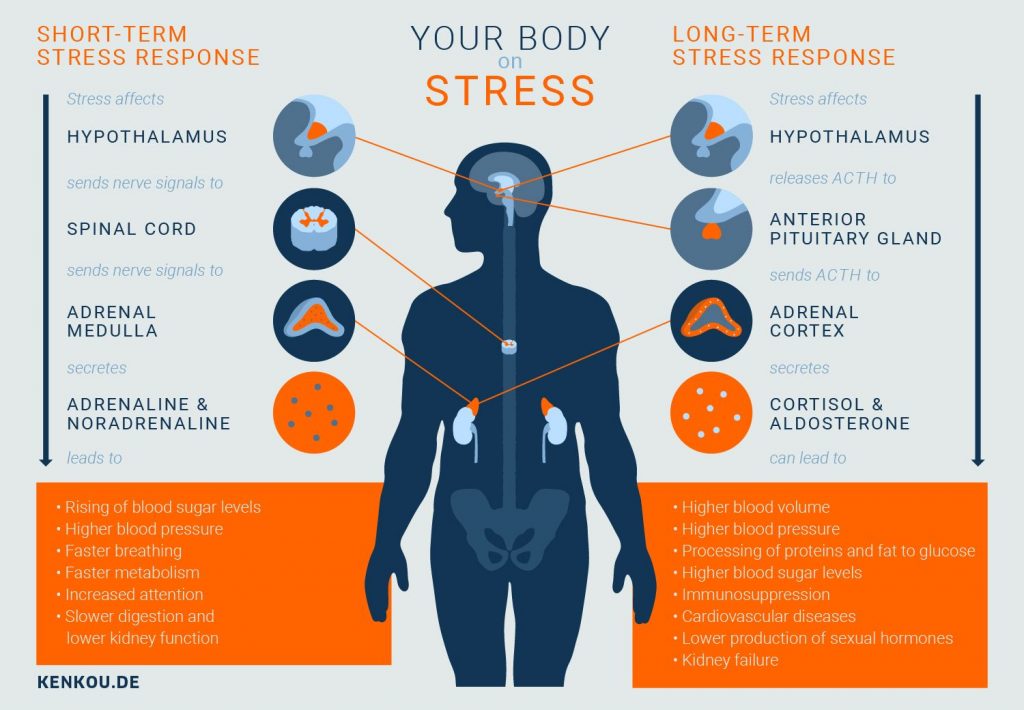
The researchers also found that the effects of stress on the participants’ confidence were reduced by the hormone cortisol, which is normally released from the adrenal glands in response to stress.
The team examined saliva samples from the stressed participants for the presence of cortisol. In people with low anxiety, those that showed higher confidence also showed a higher cortisol response to stress.
But in highly anxious people, high cortisol levels were associated with lower confidence, which connects the behavioral effects of stress to a biological mechanism.
The findings of this behavioral experiment can be seen as a simulation of confidence in social competition and the way it relates to socioeconomic inequality.
Studies have shown that, in areas with wide socioeconomic inequality (e.g. a wide rich-poor gap), people on the low end of the social ladder often experience high levels of stress as a consequence.
“People often interpret self-confidence as competence,” said Carmen Sandi, Ph.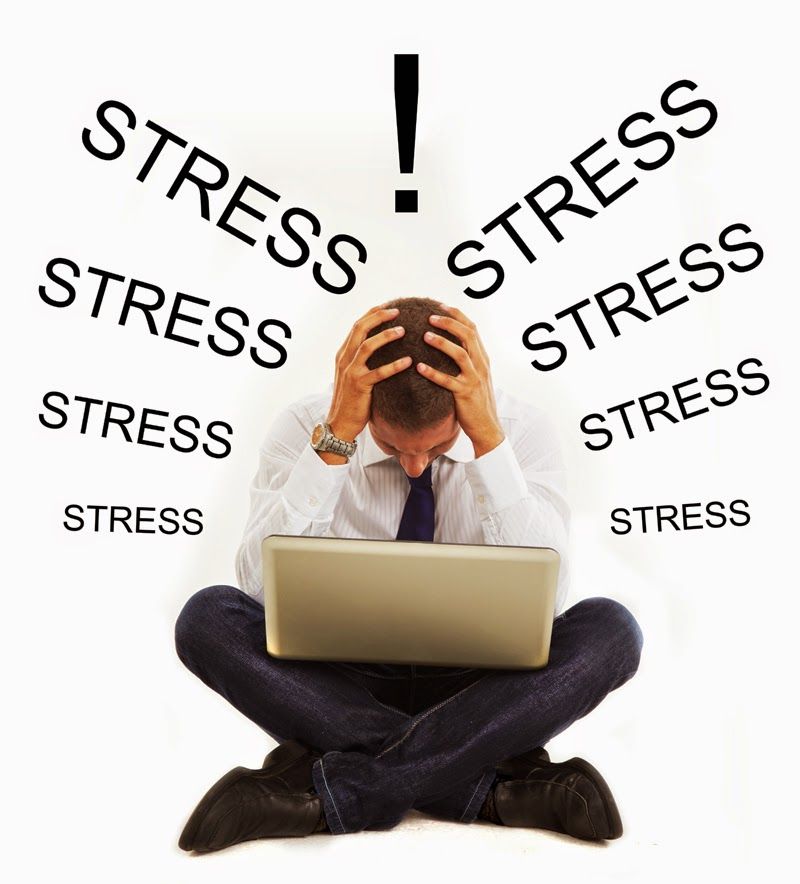 D., principal investigator.
D., principal investigator.
“So if the stress of, say, a job interview, makes a person over-confident, they will be more likely to be hired — even though they might not be more competent than other candidates. This would be the case for people with low anxiety.”
Investigators believe stress is a product of competitive inequality and is also a direct cause of disparities.
In other words, stress can become a major obstacle in overcoming socioeconomic inequality by trapping highly anxious individuals in a self-perpetuating loop of low competitive confidence.
Although there is much yet to be learned in this area, Sandi believes that it can change the way we look at social dynamics as a whole.
“Stress is an important engine of social evolution,” she says. “It affects the individual, and by extension society as whole.”
Source: Ecole Polytechnique Federale de Lausanne/EurekAlert
Stress pulls us apart: anxiety leads to differences in competitive confidence under stress
Randomized Controlled Trial
. 2015 Apr;54:115-23.
2015 Apr;54:115-23.
doi: 10.1016/j.psyneuen.2015.01.019. Epub 2015 Feb 19.
Lorenz Goette 1 , Samuel Bendahan 2 , John Thoresen 2 , Fiona Hollis 2 , Carmen Sandi 3
Affiliations
Affiliations
- 1 Department of Economics, Faculty of Business and Economics, University of Lausanne (UNIL), CH-1015 Lausanne, Switzerland.
- 2 Laboratory of Behavioral Genetics, Brain Mind Institute, School of Life Sciences, Ecole Polytechnique Fédérale de Lausanne (EPFL), CH-1015 Lausanne, Switzerland.

- 3 Laboratory of Behavioral Genetics, Brain Mind Institute, School of Life Sciences, Ecole Polytechnique Fédérale de Lausanne (EPFL), CH-1015 Lausanne, Switzerland. Electronic address: [email protected].
- PMID: 25705012
- DOI: 10.1016/j.psyneuen.2015.01.019
Free article
Randomized Controlled Trial
Lorenz Goette et al. Psychoneuroendocrinology. 2015 Apr.
Free article
. 2015 Apr;54:115-23.
doi: 10. 1016/j.psyneuen.2015.01.019. Epub 2015 Feb 19.
1016/j.psyneuen.2015.01.019. Epub 2015 Feb 19.
Authors
Lorenz Goette 1 , Samuel Bendahan 2 , John Thoresen 2 , Fiona Hollis 2 , Carmen Sandi 3
Affiliations
- 1 Department of Economics, Faculty of Business and Economics, University of Lausanne (UNIL), CH-1015 Lausanne, Switzerland.
- 2 Laboratory of Behavioral Genetics, Brain Mind Institute, School of Life Sciences, Ecole Polytechnique Fédérale de Lausanne (EPFL), CH-1015 Lausanne, Switzerland.
- 3 Laboratory of Behavioral Genetics, Brain Mind Institute, School of Life Sciences, Ecole Polytechnique Fédérale de Lausanne (EPFL), CH-1015 Lausanne, Switzerland.
 Electronic address: [email protected].
Electronic address: [email protected].
- PMID: 25705012
- DOI: 10.1016/j.psyneuen.2015.01.019
Abstract
Social competition is a fundamental mechanism of evolution and plays a central role in structuring individual interactions and communities. Little is known about the factors that affect individuals' competitive success, particularly in humans. Key factors might include stress, a major evolutionary pressure that can affect the establishment of social hierarchies in animals, and individuals' trait anxiety, which largely determines susceptibility to stress and constitutes an important determinant of differences in competitive outcomes. Using an economic-choice experiment to assess competitive self-confidence in 229 human subjects we found that, whereas competitive self-confidence is unaffected by an individual's anxiety level in control conditions, exposure to the Trier social stress test for groups drives the behavior of individuals apart: low-anxiety individuals become overconfident, and high-anxiety individuals become underconfident.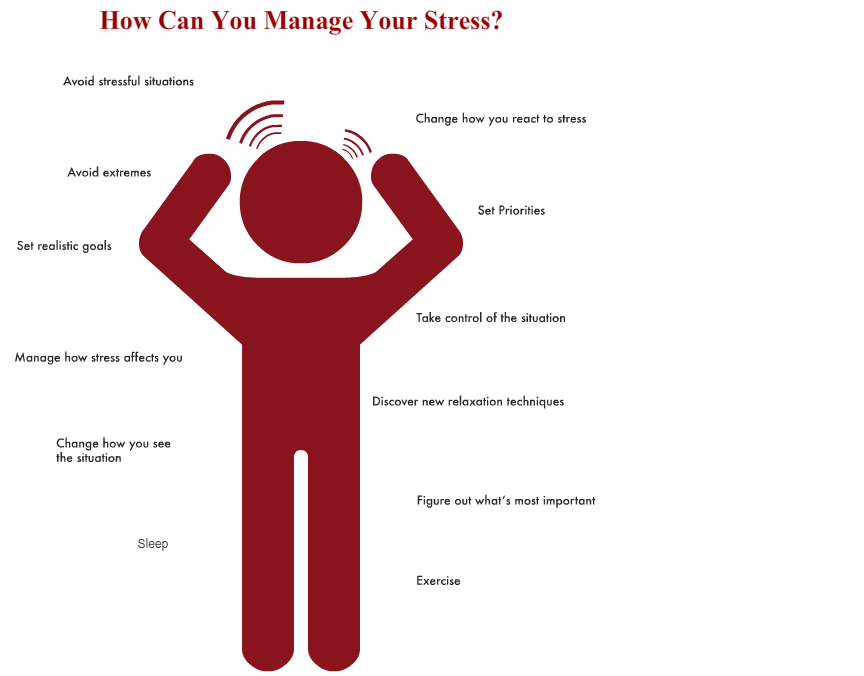 Cortisol responses to stress were found to relate to self-confidence, with the direction of the effects depending on trait anxiety. Our findings identify stress as a major regulator of individuals' competitiveness, affecting self-confidence in opposite directions in high and low anxious individuals. Therefore, our findings imply that stress may provide a new channel for generating social and economic inequality and, thus, not only be a consequence, but also a cause of inequality through its impact on competitive self-confidence and decision making in financially-relevant situations.
Cortisol responses to stress were found to relate to self-confidence, with the direction of the effects depending on trait anxiety. Our findings identify stress as a major regulator of individuals' competitiveness, affecting self-confidence in opposite directions in high and low anxious individuals. Therefore, our findings imply that stress may provide a new channel for generating social and economic inequality and, thus, not only be a consequence, but also a cause of inequality through its impact on competitive self-confidence and decision making in financially-relevant situations.
Keywords: Anxiety; Competition; Cortisol; Economic inequality; Self-confidence; Stress.
Copyright © 2015 The Authors. Published by Elsevier Ltd.. All rights reserved.
Similar articles
-
[Study of the stress response: role of anxiety, cortisol and DHEAs].

Boudarene M, Legros JJ, Timsit-Berthier M. Boudarene M, et al. Encephale. 2002 Mar-Apr;28(2):139-46. Encephale. 2002. PMID: 11972140 French.
-
Psychophysiological stress in tennis players during the first single match of a tournament.
Filaire E, Alix D, Ferrand C, Verger M. Filaire E, et al. Psychoneuroendocrinology. 2009 Jan;34(1):150-7. doi: 10.1016/j.psyneuen.2008.08.022. Epub 2008 Oct 8. Psychoneuroendocrinology. 2009. PMID: 18845399
-
Psychophysiological stress response during competition between elite and non-elite Korean junior golfers.
Kim KJ, Chung JW, Park S, Shin JT. Kim KJ, et al. Int J Sports Med. 2009 Jul;30(7):503-8. doi: 10.1055/s-0029-1202338. Epub 2009 Mar 19.
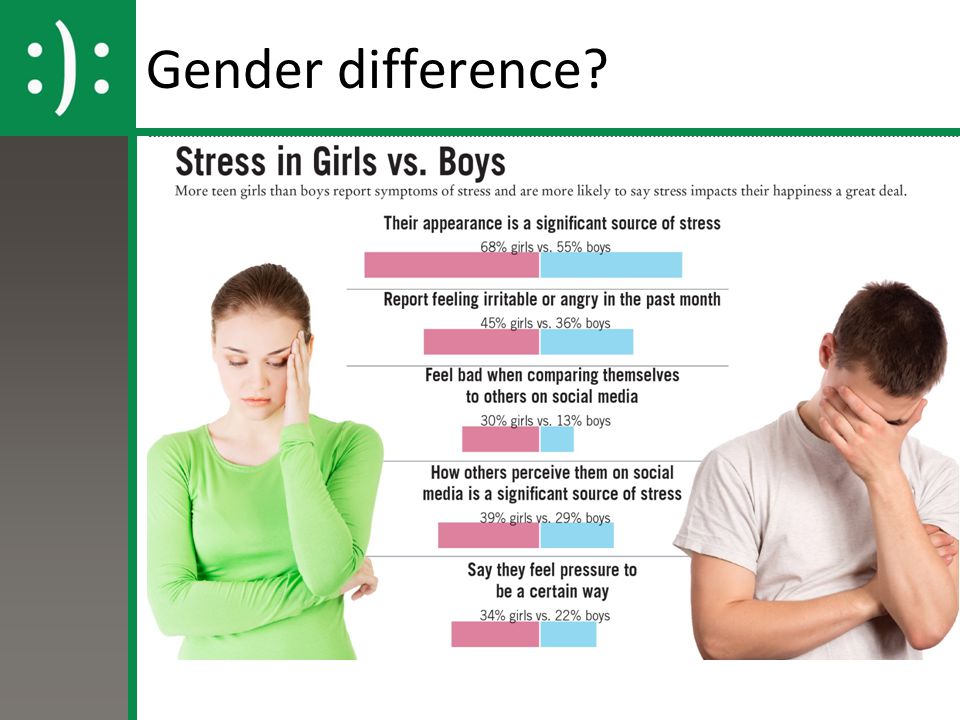 Int J Sports Med. 2009. PMID: 19301217
Int J Sports Med. 2009. PMID: 19301217 -
Psychophysiological stress responses during training and competition in young female competitive tennis players.
Fernandez-Fernandez J, Boullosa DA, Sanz-Rivas D, Abreu L, Filaire E, Mendez-Villanueva A. Fernandez-Fernandez J, et al. Int J Sports Med. 2015 Jan;36(1):22-8. doi: 10.1055/s-0034-1384544. Epub 2014 Sep 24. Int J Sports Med. 2015. PMID: 25251448
-
Coping with competitive situations in humans.
Salvador A. Salvador A. Neurosci Biobehav Rev. 2005 Feb;29(1):195-205. doi: 10.1016/j.neubiorev.2004.07.004. Epub 2004 Dec 13. Neurosci Biobehav Rev. 2005. PMID: 15652266 Review.
See all similar articles
Cited by
-
Psychological stress and psychological support of Chinese nurses during severe public health events.
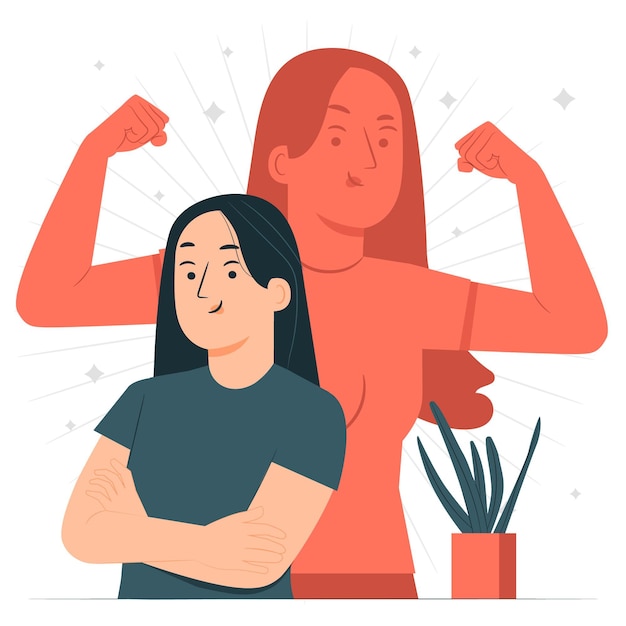
Zhou Y, Wang Y, Huang M, Wang C, Pan Y, Ye J, Wu S, Wu C, Wang H, Wang T, Xiao A, Yu L. Zhou Y, et al. BMC Psychiatry. 2022 Dec 19;22(1):800. doi: 10.1186/s12888-022-04451-8. BMC Psychiatry. 2022. PMID: 36536383 Free PMC article.
-
Randomized Crossover Study of Auricular Plaster Therapy to Relieve Dental Anxiety in Children.
Wang J, Zhang J, Sun D. Wang J, et al. Front Psychiatry. 2022 May 31;13:862575. doi: 10.3389/fpsyt.2022.862575. eCollection 2022. Front Psychiatry. 2022. PMID: 35711607 Free PMC article.
-
Opposite effects of stress on effortful motivation in high and low anxiety are mediated by CRHR1 in the VTA.
Zalachoras I, Astori S, Meijer M, Grosse J, Zanoletti O, de Suduiraut IG, Deussing JM, Sandi C.
 Zalachoras I, et al. Sci Adv. 2022 Mar 25;8(12):eabj9019. doi: 10.1126/sciadv.abj9019. Epub 2022 Mar 23. Sci Adv. 2022. PMID: 35319997 Free PMC article.
Zalachoras I, et al. Sci Adv. 2022 Mar 25;8(12):eabj9019. doi: 10.1126/sciadv.abj9019. Epub 2022 Mar 23. Sci Adv. 2022. PMID: 35319997 Free PMC article. -
Statistical Methods for Item Reduction in a Representative Lifestyle Questionnaire: Pilot Questionnaire Study.
Staffini A, Fujita K, Svensson AK, Chung UI, Svensson T. Staffini A, et al. Interact J Med Res. 2022 Mar 18;11(1):e28692. doi: 10.2196/28692. Interact J Med Res. 2022. PMID: 35302507 Free PMC article.
-
Nucleus accumbens dichotomically controls social dominance in male mice.
Shan Q, Hu Y, Chen S, Tian Y. Shan Q, et al. Neuropsychopharmacology. 2022 Feb;47(3):776-787. doi: 10.1038/s41386-021-01220-1. Epub 2021 Nov 8. Neuropsychopharmacology.
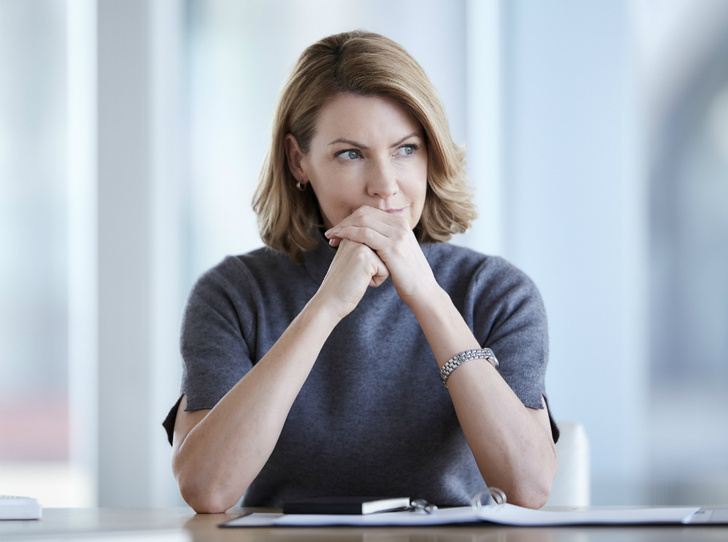 2022. PMID: 34750567 Free PMC article.
2022. PMID: 34750567 Free PMC article.
See all "Cited by" articles
Publication types
MeSH terms
Substances
Levada-Center: Society under stress
At the end of September, against the background of the announced partial mobilization, the public mood deteriorated sharply. Tension, irritation, fear and longing have grown. There has never been such a sharp decline in the entire observation period. At the same time, half of the respondents demonstrate confidence in the future. Two-thirds of the respondents feel they are free people.
In September, the Russian society experienced the strongest stress from the news about the partial mobilization. There was a sharp deterioration in mood. The number of those who talk about “excellent mood” has decreased to 7% (from 15% in July), about “normal even condition” to 45% (from 65% in July).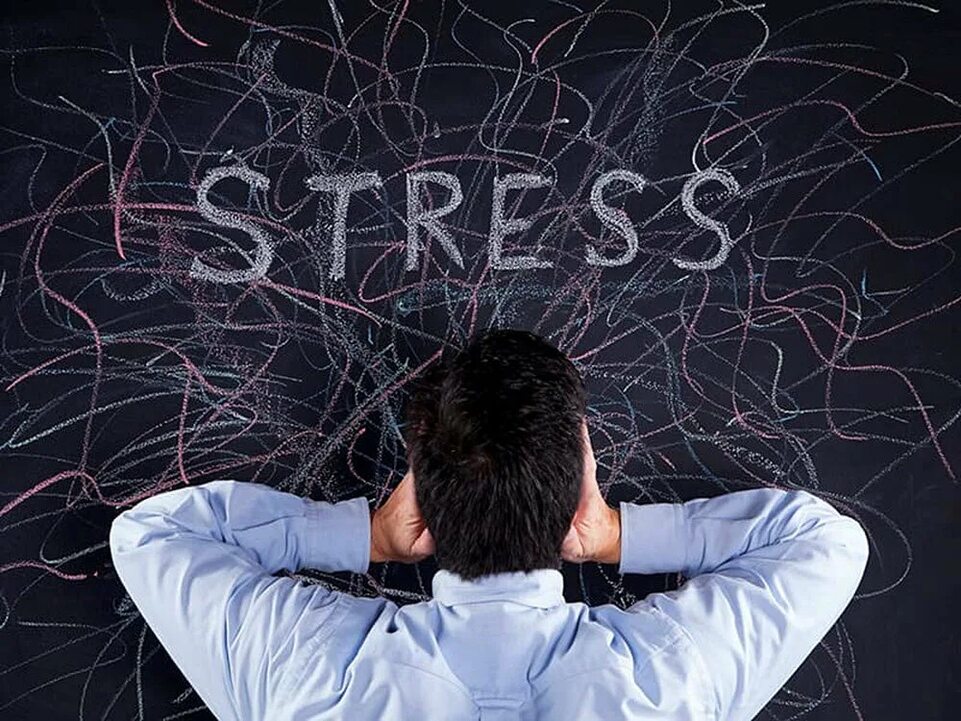 The number of those who speak of “tension and irritation” (from 17% to 32%) and “fear and longing” (from 4% to 15%) has increased. There has never been such a sharp one-time deterioration in mood during the entire period of observation. As a result, positive moods at the end of September only slightly prevailed over negative ones, a similar ratio was last observed in 2000.
The number of those who speak of “tension and irritation” (from 17% to 32%) and “fear and longing” (from 4% to 15%) has increased. There has never been such a sharp one-time deterioration in mood during the entire period of observation. As a result, positive moods at the end of September only slightly prevailed over negative ones, a similar ratio was last observed in 2000.
| Mar.93 | AprilMay | Jun | Jul,Aug.900 | Dec.93 | Jan.94 | Mar.94 | Apr.94 | May | Jun | Jul | Aug.Mar.95 | May.95 | Jul.95 | Sep.95 | November | Jan.96 | Mar.96 | May.96 | Jul, | Sep.96 | NovemberJan | Mar.97 | May | Jul, | Sep. | November | Mar. 98 98 | May | Jul,Sep | November | 9001Mar.99 | May.99 | Jul.99 | Sep.99 | Nov.99 | Jan.00 | Mar.00 | .00 | Jul | November.01 | .02 | Mar.02 | May.02 | Jul 02 | Sep.02 | NovemberJan.03 | Jul.03 | Sep.03 | Nov.03 | Jan.04 | Mar.04 | May.04 | Jul 04 | Sep.04 | NovemberJan.05 | Mar.05 | Jul 05 | November | 900Jan.06 | Mar.06 | May.06 | Jul.06 | Sep.06 | November | Mar.Sep.07 | Nov.07 | Jan.08 | Mar.08 | Jun.08 | Jun.09 | Aug.09 | OKT. 09 09 | Dec.09 | Feb. 10 | April | Jun. 10 | 9001Apr.11 | Jun.11 | Aug.14 | October | Dec.14 | Feb. 12 | Jun. 12Apr.13 | Jun.13 | Aug.13 | Oct.13 | Dec.13 | Feb.14 | April AprilJun.14 | Aug.14 | OK.14 | JuneAug.5 | Aug.15 | OKT.15 | 9001Aug 17 | Oct 17 | Dec 17 | Feb 18 | Apr 18 | Jun.18 | Aug.18 | October | Dec.18Feb. 19 | April | Jul.19Aug.19 | okt.19December | Feb.20 | Aug.20 | Oct.20 | Jan.21 | Mar.21 | May | AU.21 | OKT.21 | Jan.21 9001May-21 | Jul-21 | Sep-21 | Nov-21 | Jan-22 | Mar-22 | May.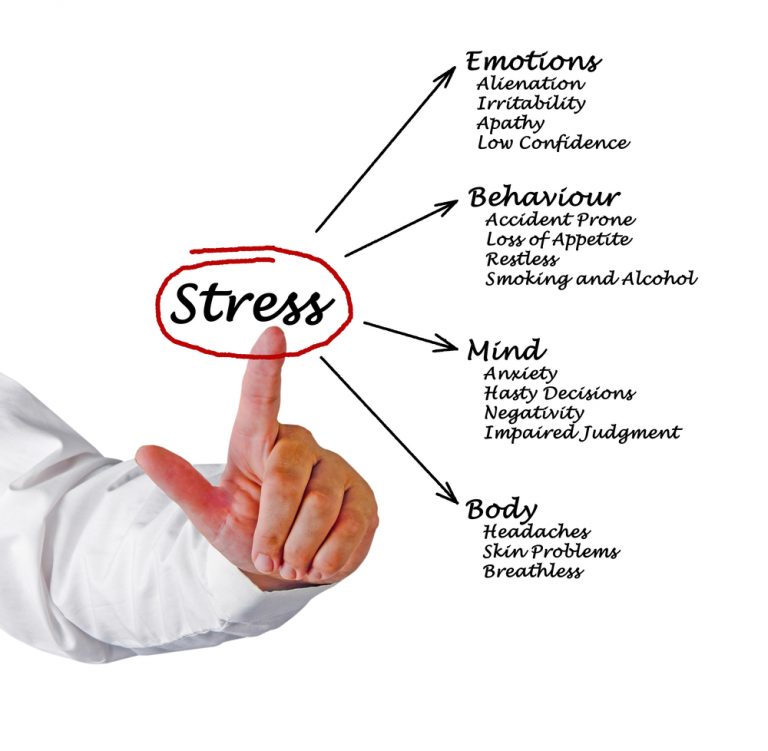 22 22 | Jul. 22 | Sep.22 | |||||||||||||||||||||||||||||||||||||||||||||||||||||||||||||||||||||||||||||||||||||||||||||||||||||||||||||||||||||||||||||||||||||||||||||||||||||||||||||||||||||||||||||||||||||||||||||||||||||||||||||||||||||||||||||||||||||||||||||||||
| Great mood | 5 | 6 | 6 | 55 | 5 | 5 | 5 | 5 | 5 | 5 | 5 | 5 | 5 | 5 | 5 | 5 | 5 | 5 | 5 | 5 | 5 | 5 | 5 | 5 | 5 | 5 | 44 | 3 | 3 | 4 | 3 | 3 | 4 | 2 | 3 | 4 | 3 | 3 | 3 | 3 | 3 | 3 | 3 | 3 | 3 | 4 | 4 | 3 | 3 | 3 | 4 | 45 | 3 | 4 | 4 | 3 | 3 | 3 | 4 | 5 | 4 | 4 | 5 | 5 | 5 | 6 | 5 | 5 | 7 | 5 | 7 | 7 | 7 | 6 | 7 | 6 | 8 | 7 | 6 | 8 | 6 | 10 | 7 | 9 | 7 | 6 | 8 | 6 | 8 | 9 | 6 | 6 | 8 | 7 | 7 | 9 | 7 | 8 | 10 | 8 | 8 | 8 | 8 | 8 | 8 | 8 | 8 | 8 | 8 | 8 | 8 | 8 | 8 | 8 | 8 | 8 | 8 | 8 | 8 | 8 | 11 | 10 | 10 | 12 | 12 | 10 | 7 | 8 | 9 | 7 | 10 | 8 | 11 | 10 | 11 | 9 | 10 | 7 | 9 | 11 | 11 | 8 | 8 | 12 | 11 | 12 | 11 | 14 | 13 | 12 | 13 | 12 | 13 | 14 | 13 | 14 | 11 | 10 | 10 | 13 | 13 | 14 | 10 | 10 | 13 | 14 | 13 | 12 | 13 | 13 | 12 | 11 | 11 | 110014 | 13 | 14 | 12 | 12 | 12 | 12 | 12 | 13 | 14 | 13 | 13 | 11 | 13 | 14 | 13 | 13 | 11 | 11 | 11 | 13 | 15 | 7 | ||||||||||||||||||||||||||||||||||||||||||||||||||||||||||||||||||||||||||||||||||||||||||||||||||||||||||||||||||||||||||||||||||||||||||||||||||||||||||||||||||||||||
| Normal, even state | 35 | 40 | 39 | 41 | 39 | 41 | 39 | 40 | 39 | 33 | 34 | 37 | 38 | 39 | 35 | 32 | 32 | 38 | 38 | 35 | 38 | 31 | 31 | 40 | 41 | 38 | 35 | 35 | 33 | 41 | 013 3736 | 39 | 24 | 33 | 33 | 34 | 36 | 34 | 37 | 40 | 45 | 46 | 50 | 45 | 40 | 43 | 49 | 49 | 48 | 47 | 50 | 50 | 50 | 52 | 50 | 014 | 50 | 54 | 56 | 53 | 57 | 54 | 51 | 49 | 51 | 53 | 51 | 51 | 56 | 54 | 55 | 57 | 54 | 56 | 57 | 55 | 58 | 51 | 52 | 5353 | 56 | 59 59 59 59 59 59 59 59 59 59 59 59 59 59 59 59 59 59 59 59 59 59 59 59 59 5 | 58 | 59 | 63 | 61 | 59 | 61 | 58 | 60 | 61 | 59 | 62 | 63 | 62 | 63 | 64 | 69 | 66 | 65 | 59 | 58 | 55 | 58 | 59 | 58 | 59 | 62 | 64 | 64 | 62 | 64 | 56 | 57 | 60 | 63 | 61 | 61 | 59 | 59 | 59 | 60 | 59 | 61 | 59 | 64 | 63 | 63 | 64 | 64 | 65 | 64 | 57 | 62 | 61 | 59 | 61 | 65 | 63 | 63 | 66 66 66 66 66 66 66 66 66 66 66 66 66 66 66 660013 62 | 61 | 63 | 58 | 61 | 58 | 61 | 63 | 58 | 61 | 58 | 61 | 57 | 61 | 65 | 45 | ||||||||||||||||||||||||||||||||||||||||||||||||||||||||||||||||||||||||||||||||||||||||||||||||||||||||||||||||||||||||||||||||||||||||||||||||||||||||||||||||||||||||||||||||||||||||||||||||||||||||||||||||
| I experience voltage, irritation | 43 | 39 | 37 | 39 | 41 | 40 | 39 | 42 | 40 | 4241 41 41 913 41 913 41 913 41 913 41 913 41 41 41 410014 | 45 | 40 | 41 | 37 | 39 | 40 | 46 | 43 | 41 | 40 | 40 | 42 | 42 | 45 | 35 | 38 | 39 | 42 | 40 | 45 | 42 | 38 | 39 | 39 | 42 | 41 | 41 | 48 48 48 48 48 48 48 48 48 48 48 48 48 48 48 48 48 48 48 48 48 48 48 48 48 48 48 48 48 48 48 48 48 48 48 48 48 48 48 48 48 48 48 48 48 48 48 48 48 48 48 48 48 48 48 48 48 48 48 48 48 48 48 48 48 48 48 48 480013 42 | 39 | 45 | 40 | 39 | 33 | 35 | 30 | 34 | 39 | 36 | 32 | 32 | 32 | 33 | 31 | 32 | 30 | 30 | 29 | 28 | 32 | 28 | 28 | 2928 | 28 | 26 | 26 | 26 | 26 | 26 | 26 | 28 | 32 | 32 | 27 | 32 | 27 | 24 | 28 | 28 | 26 | 29 | 25 | 25 | 28 | 25 | 27 | 28 | 24 | 24 | 25 | 27 | 23 | 22 | 24 | 27 | 25 | 23 | 23 | 26 26 | 26 | 26 | 26 | 26 | 26 | 26 | 260013 26 | 22 | 23 | 24 | 25 | 23 | 22 | 22 | 22 | 19 | 18 | 19 | 23 | 24 | 24 | 23 | 20 | 23 | 22 | 19 | 19 | 18 | 17 | 19 | 24 | 25 | 22 | 19 | 20 | 20 | 20 | 20 | 20 | 20 | 20 | 20 | 20 | 20 | 20 | 20 | 20 | 20 | 20 | 20 | 200014 | 24 | 20 | 22 | 21 | 24 | 20 | 20 | 17 | 17 | 19 | 16 | 18 | 25 | 21 | 22 | 24 | 21 | 20 | 19 | 19 | 17 | 20 | 17 | 21 | 23 | 21 | 21 | 18 | 23 | 20 | 23 | 13 | 10 | 12 | 13 | 8 | 14 | 10 | 12 | 8 | 7 | 11 | 12 | 12 | 11 | 10 | 9 | 10 | 11 | 10 | 12 | 9 | 20 | 13 | 13 | 14 | 11 | 11 | 10 | 10 | 10 | 10 | 10 | 10 | 10 | 10 | 10 | 10 | 10 | 10 | 10 | 10 | 100014 | 8 | 9 | 9 | 8 | 8 | 6 | 6 | 7 | 7 | 10 | 8 | 7 | 7 | 7 | 7 | 6 | 8 | 8 | 8 | 6 | 6 | 5 | 6 | 5 | 7 | 9 | 7 | 7 | 6 | 8 | 7 | 6 | 6 | 6 | 6 | 5 | 6 | 6 | 6 | 6 | 56 | 7 | 66 | 6 | 6 | 6 | 6 | 6 | 6 | 6 | 6 | 6 | 5 | 6 | 4 | 6 | 5 | 4 | 5 | 5 | 5 | 5 | 3 | 4 | 3 | 5 | 3 | 3 | 3 | 3 | 5 | 5 | 3 | 5 | 4 | 4 | 4 | 1 | 3 | 3 | 4 | 6 | 6 | 3 | 3 | 4 | 4 | 6 | 5 | 4 | 4 | 3 | 4 | 4 | 4 | 2 | 4 | 5 | 5 | 6 | 5 | 4 | 4 | 55 | 4 | 5 | 5 | 5 900 | 5 | 5 | 5 | 5 | 5 | 5 | 5 | 5 | 5 | 5 | 5 | 5 | 5 | 7 | 5 | 4 | 4 | 5 | 7 | 6 | 7 | 7 | 4 | 7 | 7 | 6 | 6 | 6 | 7 | 6 | 5 | 7 | 10 | 10 | 9 | 11 | 10 | 10 | 8 | 9 | 9 | 7 | 9 | 10 | 11 | 11 | 10 | 9 | 11 | 9 | 10 | 8 | 7 | 7 | 8 | 8 | 8 | 8 | 6 | 7 | 5 | 9 | 7 | 8 | 10 | 6 | 7 | 8 | 7 | 7 | 8 | 7 | 8 | 7 | 5 | 7 | 6 | 7 | 5 | 5 | 4 | 6 | 4 | 5 | 5 | 5 | 3 | 6 | 6 | 4 | 5 | 7 | 6 | 4 | 5 | 4 | 44 | 6 | 3 | 4 | 3 | 3 | 4 | 4 | 4 | 4 | 5 | 6 | 4 | 4 | 3 | 4 | 2 | 2 | 2 | 1 | 2 | 1 | 2 | 2 | 3 | 2 | 2 | 1 | 2 | 1 | 1 | 1 | 2 | 1 | 2 | 4 | 3 | 2 | 3 | 3 | 2 | 4 | 2 | 3 | 3 | 3 | 3 | 3 | 3 | 3 | 3 | 3 | 3 | 3 | 3 | 3 | 3 | 3 | 3 | 3 | 3 | 3 | 3 | 3 | 4 | 2 | 4 | 2 | 3 | 3 | 3 | 2 | 3 | 4 | 3 | 3 | 2 | 2 | 2 | 2 | 2 | 2 | 1 | 1 | 1 | 1 | 1 | 1 | 1 | 1 | 1 | 1 | 0 | 1 | 1 | 1 | 1 | 1 | 1 | 1 | 1 | 1 | 1 | 1 | 1 | 1 | 1 | 1 |
On an excellent or normal state, Object 18-24%) , those who can afford durable goods (60%) and who believe that things are going in the right direction in the country (63%).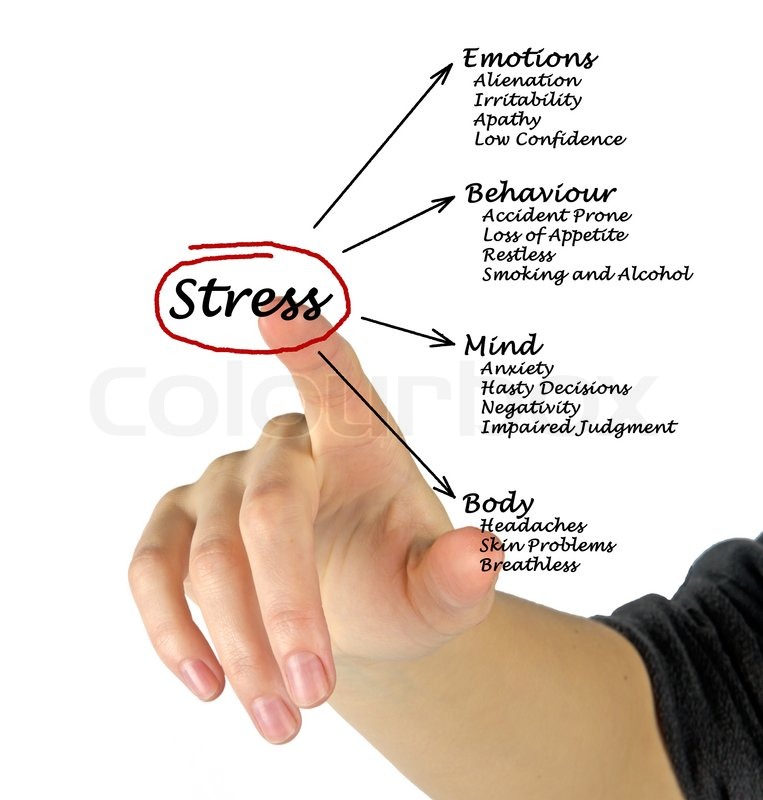 More negative assessments of their own mood are characteristic of respondents over 40 years old (about 50%), those who barely have enough money for food and who have enough money for clothes (also about 50%), and respondents who believe that the country is moving on the wrong path (69%).
More negative assessments of their own mood are characteristic of respondents over 40 years old (about 50%), those who barely have enough money for food and who have enough money for clothes (also about 50%), and respondents who believe that the country is moving on the wrong path (69%).
On the question of whether the respondents feel confident in the future, opinions were equally divided. It should be noted that this question was last asked two years ago and does not show the changes that may have taken place in recent months.
| Jan.95 | January | Jan.97 | Feb.00 | Jun 04Sep | Mar.06 | Jun.06 | 9001September | DecemberJan.13 | Mar.13 | Jun.13 | Sep.1 | Nov.14 | Jan.15 | Jul.15 | Dec.15 | Jan.16 | Aug. 16 | DecemberJan.17 | Jul.17 | Jul. 18 18 | Aug.19 | AU.20Sep.22 | |||||||||||||||||||||||||||||||||||||||||||||||
| and | 4 | 4 | 4 | 4 | 4 | 4 | 4 | 4 | 4 | 4 | 4 | 4 | 4 | 4 | 4 | 4 | 4 | 4 | 4 | 4 | 4 | 4 | 4 | 4 | 4 | 4 | 4 | 4 | 4 | 4 | 4 | 4 | 6 | 10 | 12 | 9 | 9 | 9 | 9 | 10 | 10 | 12 | 16 | 9 | 12 | 18 | 12 | 11 | 12 | 10 | 9 | 8 | 10 | 10 | 10 | 8 | 10 | 14 | 12 | 11 | 9 | 12 | 12 | 16 | 18 | 21 | |||
| 12 | 15 | 21 | 25 | 25 | 25 | 25 | 25 | 25 | 25 | 25 | 25 | 25 | 25 | 250014 | 21 | 25 | 23 | 25 | 27 | 25 | 29 | 30 | 33 | 28 | 26 | 30 | 37 | 33 | 33 | 32 | 29 | 32 | 31 | 33 | 34 | 40 | 38 | 37 | 35 | 40 | 20013 3234 | 33 | 35 | 27 | 33 | 28 | 34 | 28 | 32 | 36 | 34 | 33 | 32 | 31 | 32 | 25 | 25 | 25 | |||||||||||
| no | 38 | 38 | 44 | 30 | 34 | 34 | 34 | 34 | 34 | 34 | 34 | 34 | 34 | 34 | 34 | 34 | 34 | 34 | 0014 | 26 | 27 | 24 | 19 | 17 | 23 | 25 | 20 | 17 | 19 | 21 | 18 | 22 | 18 | 22 | 20 | 16 | 12 | 11 | 16 | 15 | 17 | 16 | 24 | 21 | 22 | 17 | 210005 Respondents who do not feel so confident dominate those who think the country is on the wrong track, who disapprove of the president's activities, and who barely have enough to eat. Two-thirds of respondents (69%) of respondents say that they feel they are free people in our society, slightly less than a third (29%) hold the opposite opinion. It seems that this distribution is the result of the mobilization of public opinion that took place in February-March of this year.
|
 In these groups, the proportion of respondents who do not feel confident is 81%, 88% and 64%, respectively.
In these groups, the proportion of respondents who do not feel confident is 81%, 88% and 64%, respectively. 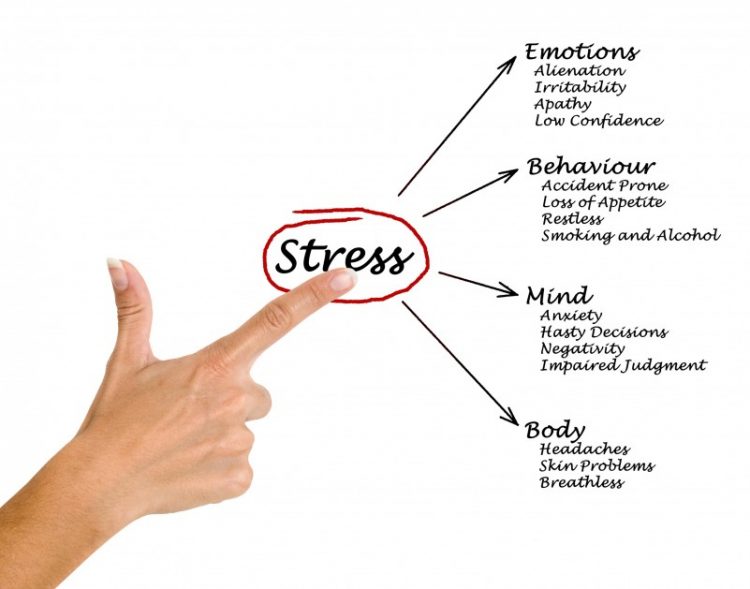 The study is conducted at the respondent's home by a personal interview. The distribution of responses is given as a percentage of the total number of respondents, together with data from previous surveys.
The study is conducted at the respondent's home by a personal interview. The distribution of responses is given as a percentage of the total number of respondents, together with data from previous surveys.  How to effectively get out of this state?
How to effectively get out of this state? 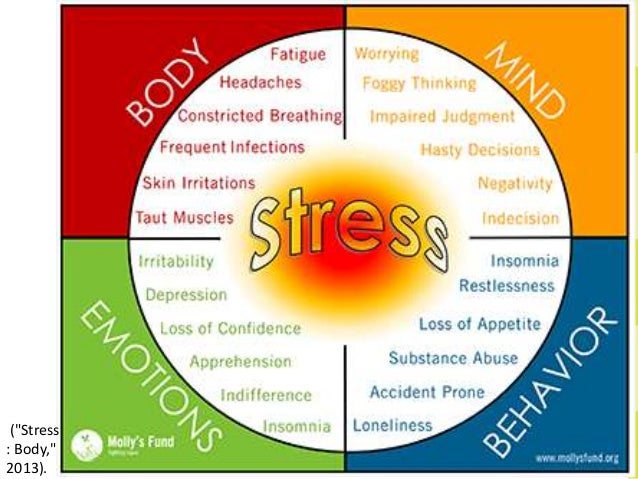 Of course, the body in such a situation becomes confused: on the one hand, all cells are ready to run headlong to save life, on the other hand, the owner of these cells does not run anywhere.
Of course, the body in such a situation becomes confused: on the one hand, all cells are ready to run headlong to save life, on the other hand, the owner of these cells does not run anywhere. 
